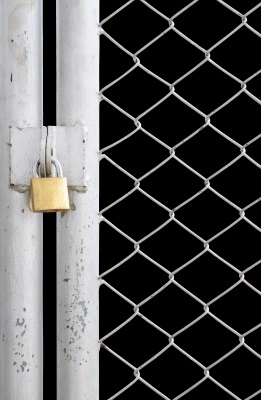 ‘How To Talk To A Defensive Person’ (15th February 2014) has proved to be the most popular post on this blog. Finding a way to have important conversations with someone who fends off all advances appears to be a subject which touches hearts and minds across all cultures; it’s not just a British thing! I’ve been wondering what leads human beings to become defensive and whether talking about that defensiveness can open up new ways to face the world.
‘How To Talk To A Defensive Person’ (15th February 2014) has proved to be the most popular post on this blog. Finding a way to have important conversations with someone who fends off all advances appears to be a subject which touches hearts and minds across all cultures; it’s not just a British thing! I’ve been wondering what leads human beings to become defensive and whether talking about that defensiveness can open up new ways to face the world.
We all get defensive sometimes. Someone is trying to tell us something about how our behaviour affects them in a negative way and instead of listening carefully to what they have to say (we don’t need to agree, just listen a while) all we can do is think “I do not!” or “well, you do such and such”. We might scoff, huff and puff, talk over them or, if we can keep quiet, formulate witty retorts in our heads ready for when they have finished speaking. Being defensive in this way might well fend off perceived criticism and stop us feeling bad about ourselves, but it also keeps out information about how our behaviour impacts on others – and, perhaps most importantly, how our defensiveness keeps other people at bay. It is probably not our intention, but being defensive has the potential to keep out love as well as hurt.
In my opinion, the clue to understanding our defensiveness lies in how we see ourselves. If we feel relatively secure in our own skin, perceived criticism from others might feel uncomfortable, but it doesn’t send us spiraling downwards into a pit of self-loathing. If, however, our self-esteem is fairly fragile, protecting ourselves from criticism becomes one of the most important measures we can take to keep ourselves feeling emotionally safe with others. If we have discovered that defensiveness keeps us feeling relatively good about ourselves, letting go of this strategy is likely to be very difficult indeed.
Good therapy allows the time and space to explore the impact of our own defensiveness – or indeed that of someone close to us. Talking together can open up new possibilities for how we see ourselves such that we have less need to protect ourselves from criticism and are more able to take on board information about how other people experience being with us. If it is someone else’s defensiveness which is causing us concern, an understanding of how such a stance can be caught up with that person’s self-esteem can help us think about different, perhaps more compassionate, ways of approaching them.
If you live or work within reach of Brighton and Hove and my approach to counselling and psychotherapy interests you, please contact me via email or telephone 07585 910742 for more information and to arrange an initial consultation.
Copyright: Caroline Clarke, Psychotherapy and Counselling in Brighton and Hove
Image courtesy of twobee at FreeDigitalPhotos.net

Pingback: How To Talk To A Defensive Person | Counselling in Brighton & Hove